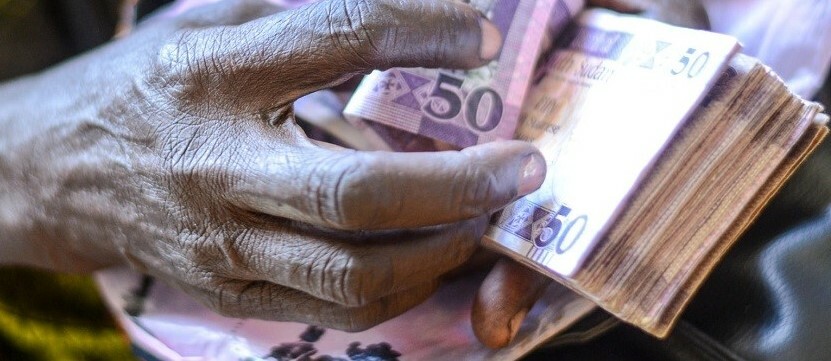South Sudan’s cabinet has passed the new enhanced civil service salary structure and directed the national finance ministry to include the changes in a supplementary budget.
On 10 July 2021, President Salva Kiir announced a 100 percent salary increment for civil servants and directed the petroleum ministry to allocate 5,000 barrels of crude oil to boost the country’s economy and strengthen the government’s financial position.
While addressing journalists in Juba on Friday after the cabinet meeting, Information Minister Michael Makuei said the cabinet passed the proposal after long deliberation.
“This new salary structure, of course, you know very well was first presented before to the cabinet, and the cabinet decided to submit it to the economic cluster,” he explained. “The cluster decided to set up a six-man committee to study it and come up with recommendations on how best this increment can be implemented. The report was presented to the cabinet, which listened, thoroughly deliberated, and approved the report.”
“The cabinet immediately directed the finance minister to prepare a supplementary budget on the new salary structure, which will be taken to parliament as a supplementary budget, after which it will be operational,” he added.
Minister Makuei said civil servants have endured irregular salary payments for a long time because the salary scales have not been reviewed since the currency was re-aligned in 2015.
“Regarding this issue, the government has resolved to increase salaries by 100 percent in the 2021/2022 budget as phase one with immediate effect during this financial year,” he said.
When asked if the supplementary budget intended to cater to the new salary structure will not affect the fiscal budget that was passed by parliament, Makuei said it will not since it is a slight adjustment.
“A supplementary budget is an adjustment or an additional budget to the budget which is already passed,” he said. “This is the meaning of supplementary.”




